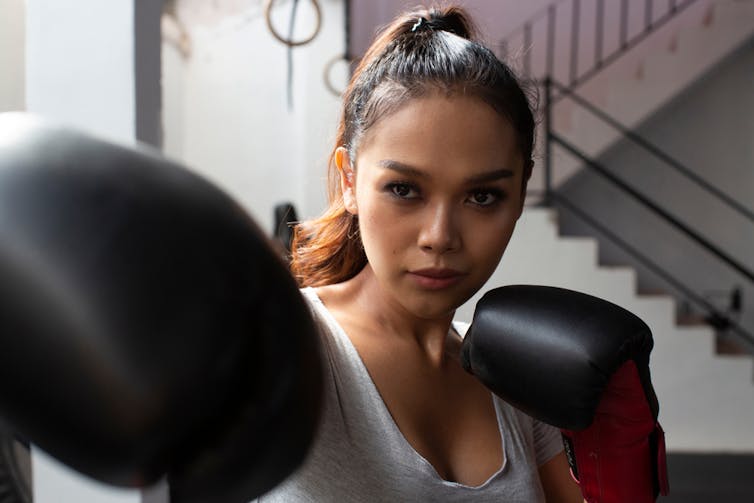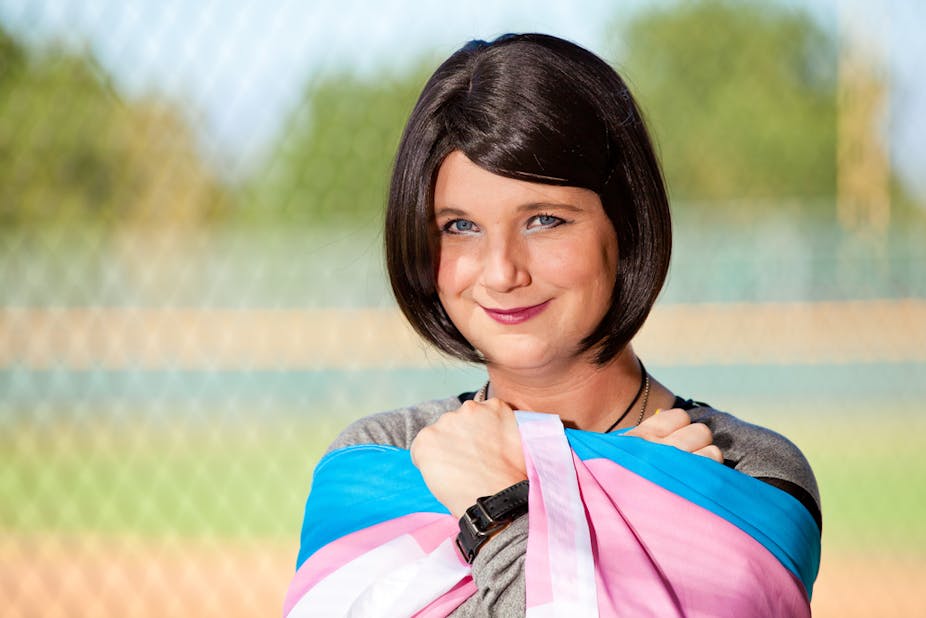Two sport club chains in the UK were recently criticised over reports that they require trans people to show a gender recognition certificate before they can use their preferred changing room. An analysis by Huffington Post indicated that David Lloyd required trans members to show such a certificate, and the report was shortly followed with a tweet by Duncan Bannatyne again suggesting that his chain of health clubs follow a policy of insisting people use changing rooms according to their “birth gender”.
Government guidance states that service providers can only ask for a gender recognition certification in “very few circumstances and it should never be asked for as proof of gender”. As trans campaigner Christine Burns tweeted, asking for a certificate defeats the whole point of laws – such as the Gender Recognition Act 2004 – that protect trans people’s privacy. A few days after the Huffington Post report, David Lloyd’s chief executive appeared to backtrack in a statement to PinkNews, saying the company did “not have a practice of asking people for a gender recognition certificate.”
These reports come amid growing media coverage around the eligibility of trans athletes competing at elite level. Many of these discussions – most notably championed by former tennis player Martina Navratilova and Olympic swimmer Sharron Davies – have included accusations about competitive advantage, unfair physiology and episodes of deliberate misgendering. What’s clear to me is that these debates about elite level sport are rippling out into wider discussions about inclusivity and equality for trans people in recreational activities.
My PhD research is looking into trans and non-binary people’s experiences of participation in everyday sport, such as running, tennis, or using the gym. My initial analysis of interviews with 18 people from across the UK suggests that negative attitudes towards transgender inclusion at Olympic level are having a direct impact on people’s participation in everyday sport. For many there is permanent anxiety when taking part in sport due to the concerns around being challenged, welcomed and accepted.
Charlotte*, a transgender woman footballer and runner explained:
It’s really off-putting. What if I do meet someone trans-exclusive at the swimming pool, or out on a run, or I’m told I can’t participate in certain activities, and am expected to produce certificates?
Susan, a trans woman tennis player said:
I suppose when I’m playing tennis now, I wonder how I am coming over, I’m always thinking, how do they see me? Part of me is always a little bit guarded, ready with my birth certificate.

Fear of competitive advantage
Many of the trans women I’ve interviewed were worried that they possessed the competitive advantage so often cited in the media as the primary reason to exclude trans women from elite sport, only to find that it didn’t exist for them. As Freya, a trans woman roller derby player told me:
I struggled with that at the beginning, I didn’t want to be too good, in case people would think I was only good because I’m trans. But I realised I wasn’t the strongest or the fittest because of that. I had to train hard to be good enough to join the team.
Jennifer, a trans woman climber and mountain biker, had the same experience.
It was problematic for me. I thought having gone through a male puberty and being exposed to all that testosterone, it almost felt like being a massive drugs cheat. But I’m not very good! There are a lot of people who are much faster than me. Any advantage I get is solely down to my own ability and skill rather than any sort of gender effected advantage of having been exposed to testosterone when I was younger.
My interviewees told me that advantage they’d gained was acquired through practice and other skills not associated with innate physiology. And often they felt the debilitating nature of taking hormones and medically transitioning put people at a disadvantage.
As Janice, a trans woman climber told me:
I know the problems you will get if you are on hormones and do the reassignment surgery, life is medically going to be a bit shit.
E, a non-binary trans man and boxer, added:
The middle period of transitioning is really hard, I ran up against a lot of physical and mental issues.
Keeping healthy
In every interview I did it was clear how important taking part in sport is for trans and non-binary people, and how it helps to combat feelings of gender dysphoria. Many participants had experienced bullying as a result of their gender identity and found solace in sport. Susan explained:
If everyone kept saying, ‘this is not fair, that’s not really a woman’, then I’d be in trouble with my confidence. It was a life saver at every stage. Tennis saved me.
We all benefit from taking part in sport, we are encouraged by the government and inspired by role models. Taking part in sport not only improves our fitness, it connects us to others and increases our social capital. To put up barriers to participation for this group of people sends the message that sport is the preserve of the privileged and only props up damaging and deceitful tropes about transgender people.
* Some names have been changed throughout the piece to protect the anonymity of interviewees.

